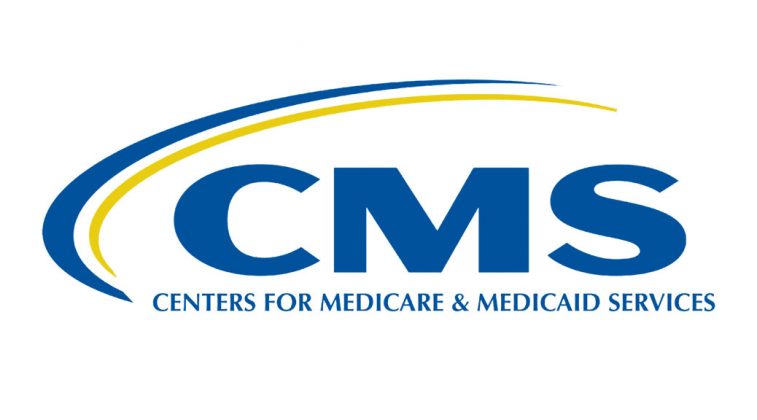The Centers for Medicare and Medicaid (CMS) issued a reinterpretation of Section 6008 of the Families First Coronavirus Response Act (FFCRA). Section 6008 of the FFCRA authorizes a temporary 6.2 percent increase in a state’s Federal Medical Assistance Percentage (FMAP) if the state meets certain conditions, including not terminating Medicaid enrollment of any beneficiary during the Public Health Emergency. CMS’s reinterpretation allows states to terminate individuals not validly enrolled and may also make changes to beneficiary coverage, cost-sharing, and post-eligibility treatment of income without violating the terms of FFCRA.
CMS also issued additional flexibilities for state 1332 Innovation Waivers, waiving some requirements related to public participation in order to expedite the process for approval of waivers during the public health emergency period.
These changes are part of the fourth COVID-19 interim final rule with comment (IFC) period published by CMS. The IFC was released on October 28, 2020 and addressed multiple areas within Medicare and Medicaid. The IFC is effective immediately and is scheduled to be published on November 6 in the Federal Register with a 30 day public comment period.
A fact sheet regarding the IFC is available here.
The full text of the IFC is available here.




